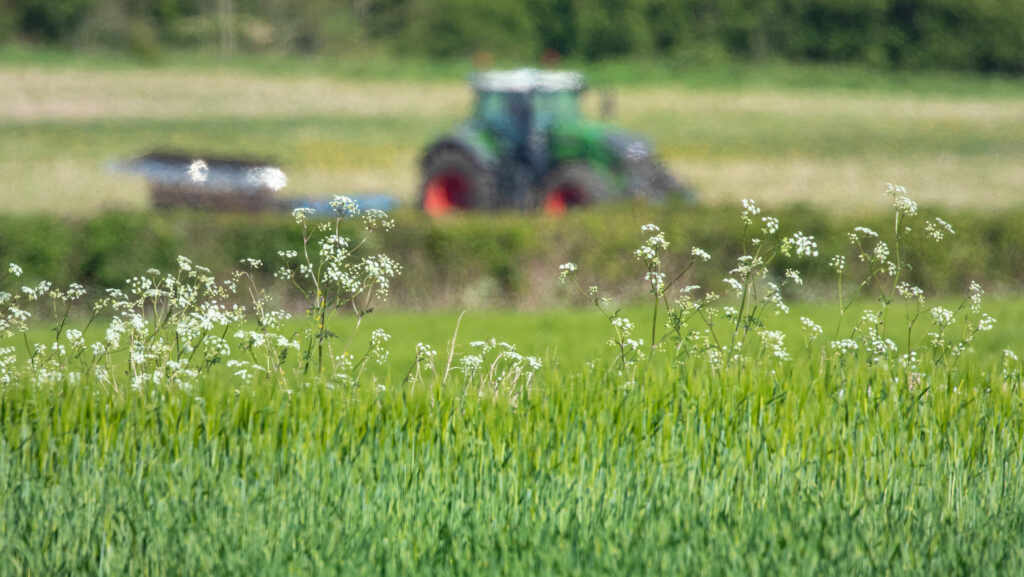Editor’s View: Who is going to speak up for the farmers?
 © Raylipscombe/iStockphoto
© Raylipscombe/iStockphoto The dark art of influencing politicians and others to act in farming’s interests is always an important topic for farmers.
It’s not often that food producers feel well understood by those making the rules, so they need tip-top representatives to speak up on their behalf.
As farming has broadened and become more complex – taking in the interests of diversified businesses and those of the environmental lobby – so too has the number of member organisations trying to plead various cases.
See also: On test: Revamped Land Cruiser still a true off-roader
In the past 12 months, further groups have sprung up in response to the inheritance tax debate, such as Farmers To Action, which has already moved beyond advocating on just this one issue to a broader range of rural grievances.
So farmer numbers are falling, the number of organisations is growing, and with them the number of battles they are fighting. This is leaving these member organisations with a problem – funding.
Lobbyists murmur quietly that there is a finite amount of butter and it is being spread across an ever-increasing amount of toast.
There were two hints of that this week.
First, the NFU withdrawing from this autumn’s party conferences. I’m sure that the politics of it had an impact – it’s hardly a great time for them to be giving money to Labour.
But the immense cost-saving from not having to purchase an exhibition space, staff it, and pay all the costs associated with that, such as accommodation, will surely bring great cheer to their bean counters.
Second, glimmers of collaboration between lobbying groups.
The NFU this week (30 April) put on a reception for parliamentarians in partnership with the Wildlife Trusts, the National Trust, the Green Alliance, Wildlife and Countryside Link, the RSPB and the Nature Friendly Farming Network UK.
Again, there’s a multitude of reasons for this, particularly that it makes a strong statement to MPs when these groups, sometimes with competing priorities, stand united.
But I expect that sharing the cost of doing it will have been a quiet benefit they enjoy too.
Where will this end up? It’s very hard to predict.
On the one hand, we may see a gradual consolidation of groups – those with the most in common coming together (as the unions have done over the past few decades) in a bid to share costs and preserve relevance.
Could we be just a decade away from a merger between the NFU and the Country Land and Business Association – with the Tenant Farmers Association grabbing the former’s tenanted members, leaving one mega-group representing the rural economy’s landowning interests?
Far-fetched? Perhaps.
It’s perfectly possible that lobbying groups will continue to grow and proliferate without merging, preferring to battle with each other for money and influence – representing the diverging interests of a multitude of different niches.
Some of the smallest already punch above their weight thanks to individuals giving enormous amounts of time to the cause – well in excess of the financial reward they get in return.
Like farm businesses, they are often staffed by deeply motivated individuals who see their work as not just a job, but a calling.
But like farmers, they should brace for things to get tougher.

